News
-
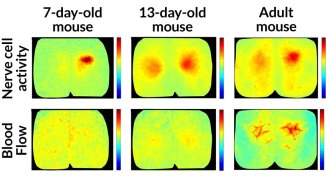 Neuroscience
NeuroscienceNewborn brain has to learn how to feed itself
Nerve cells in newborn mice can’t yet feed themselves.
-
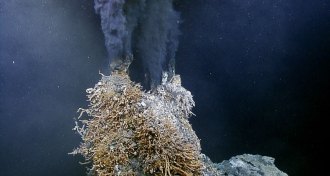 Oceans
OceansDeep-sea hydrothermal vents more abundant than thought
Ecosystem-supporting hydrothermal vents are much more abundant along the ocean floor than previously thought.
-
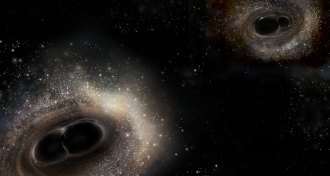 Physics
PhysicsMore events needed to pin down gravitational waves backstory
As more black hole collisions are found, researchers hope to piece together how and where these destructive duos form.
-
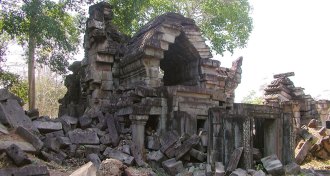 Archaeology
ArchaeologyLidar maps vast network of Cambodia’s hidden cities
Laser survey unveils the extent, and the mystery, of Southeast Asia’s Khmer Empire
By Bruce Bower -
 Tech
TechMonitoring online groups offers insight into ISIS attacks
Targeting online groups may be key to limiting the digital reach of ISIS.
By Bruce Bower -
 Neuroscience
NeuroscienceCocaine addicts can’t kick other habits either
Habitual users tend to get stuck in nondrug-related habits more easily, too, pointing to a potential strategy for treatment
-
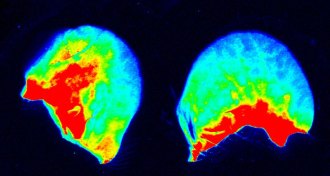 Health & Medicine
Health & MedicineMosquito spit can increase dengue severity
By weakening blood vessels, mosquito saliva may make dengue fever more severe in some cases.
-
 Health & Medicine
Health & MedicineZika infection late in pregnancy may be not so risky
An early report out of Colombia finds no microcephaly in babies born to a group of pregnant women infected with Zika virus during the third trimester.
By Meghan Rosen -
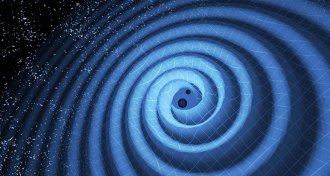 Physics
PhysicsSecond gravitational wave signal detected
LIGO has spotted a second set of ripples in the fabric of spacetime.
-
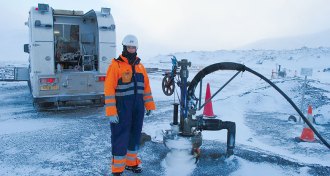 Climate
ClimateVolcanic rocks help turn carbon emissions to stone — and fast
A pilot program in Iceland that injected carbon dioxide into basaltic lava rocks turned more than 95 percent of the greenhouse gas into stone within two years.
-
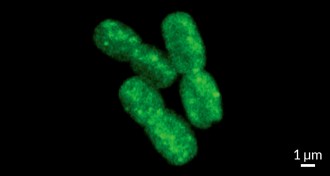 Ecosystems
EcosystemsOcean plankton held hostage by pirate viruses
The most abundant photosynthesizers on Earth stop storing carbon when they catch a virus.
By Susan Milius -
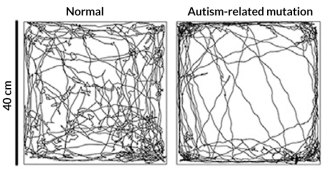 Neuroscience
NeuroscienceAbnormal sense of touch may play role in autism
Autism-related genes are important for touch perception, a sense that may help the brain develop normally, a study of mice suggests.